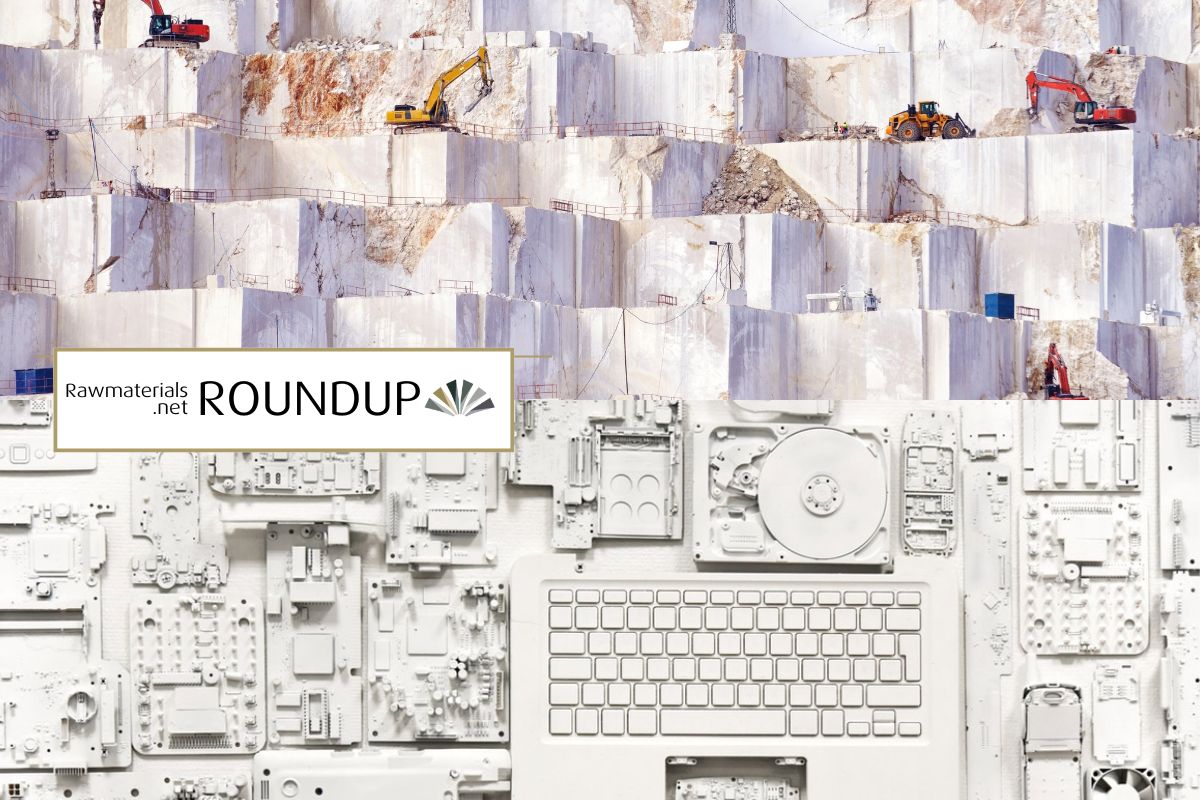This week, significant moves in the critical minerals sector highlighted both recycling and expansion efforts worldwide. India launched a major program to recycle critical raw materials from e-waste and used batteries, aiming to recover 40 kilotons annually and create up to 70,000 jobs. Meanwhile, Korean company JS Link announced plans to build a rare earth magnet facility in Georgia, and Aclara secured U.S. funding for its Brazilian rare earth project.
India to Recycle 40 Kilotons of Critical Raw Materials Annually
India aims to boost the recovery of critical raw materials from electronic waste and used batteries. On Wednesday, the Cabinet approved a support program, the Ministry of Mines announced. Under the scheme, companies can apply for grants to build recycling facilities, purchase machinery, and cover operational costs. The government has allocated approximately $170 million, with one-third reserved for startups. Running through spring 2031, the program is expected to recover 40,000 tons of critical raw materials annually and create up to 70,000 jobs.
To the article
Korea’s JS Link to Build Rare Earth Magnet Facility in Georgia
JS Link America Inc., the U.S. subsidiary of Korean company JS Link, will invest approximately $223 million to build a rare earth magnet plant in Columbus, Georgia. The facility is expected to have an annual production capacity of approximately 3,000 tons, with operations slated to begin in late 2027.
To the article
Aclara Secures U.S. Backing for Brazilian Rare Earth Project
Aclara Resources has secured up to $5 million in funding from the U.S. International Development Finance Corporation (DFC) to advance its Carina heavy rare earths project in Goiás, Brazil. The investment will finance a feasibility study that is already in progress, with an expected completion date of early 2026. The Carina Project is targeted to begin operations in 2028.
To the article
Competitiveness at Risk: Wind Energy Expansion in Europe Too Slow
The expansion of wind energy in Europe is progressing too slowly, according to the industry association WindEurope, based on an evaluation of the latest data. In addition to the lengthy approval procedures, the association cites the slow expansion of the power grids and “suboptimal auction design” as weaknesses, among other things. In the past, the association has also repeatedly called for secure access to the necessary raw materials and advocated for taking action to reduce import dependencies on China.
To the article
Putin Orders Fast-Track Plan for Russia’s Rare Earth Industry
According to estimates by the U.S. Geological Survey (USGS), Russia holds nearly four million tons of rare earth reserves. The country now intends to tap this potential far more extensively, as production last year amounted to only 2,500 tons, placing Russia behind India, for example. President Vladimir Putin has therefore instructed the government to approve a development program for the rare earth industry by November, according to reports from the Interfax news agency.
To the article

